When it comes to creating privacy in your outdoor space, there are several trees and bushes that are commonly used due to their dense foliage, height, and ability to form a barrier. Here are some of the best privacy trees and bushes:
- Leyland Cypress (Cupressocyparis leylandii):

This evergreen tree is a popular choice for privacy screens. It has dense, fast-growing foliage that can create a solid barrier. Leyland Cypress can reach heights of 60 feet or more. - Arborvitae (Thuja occidentalis):
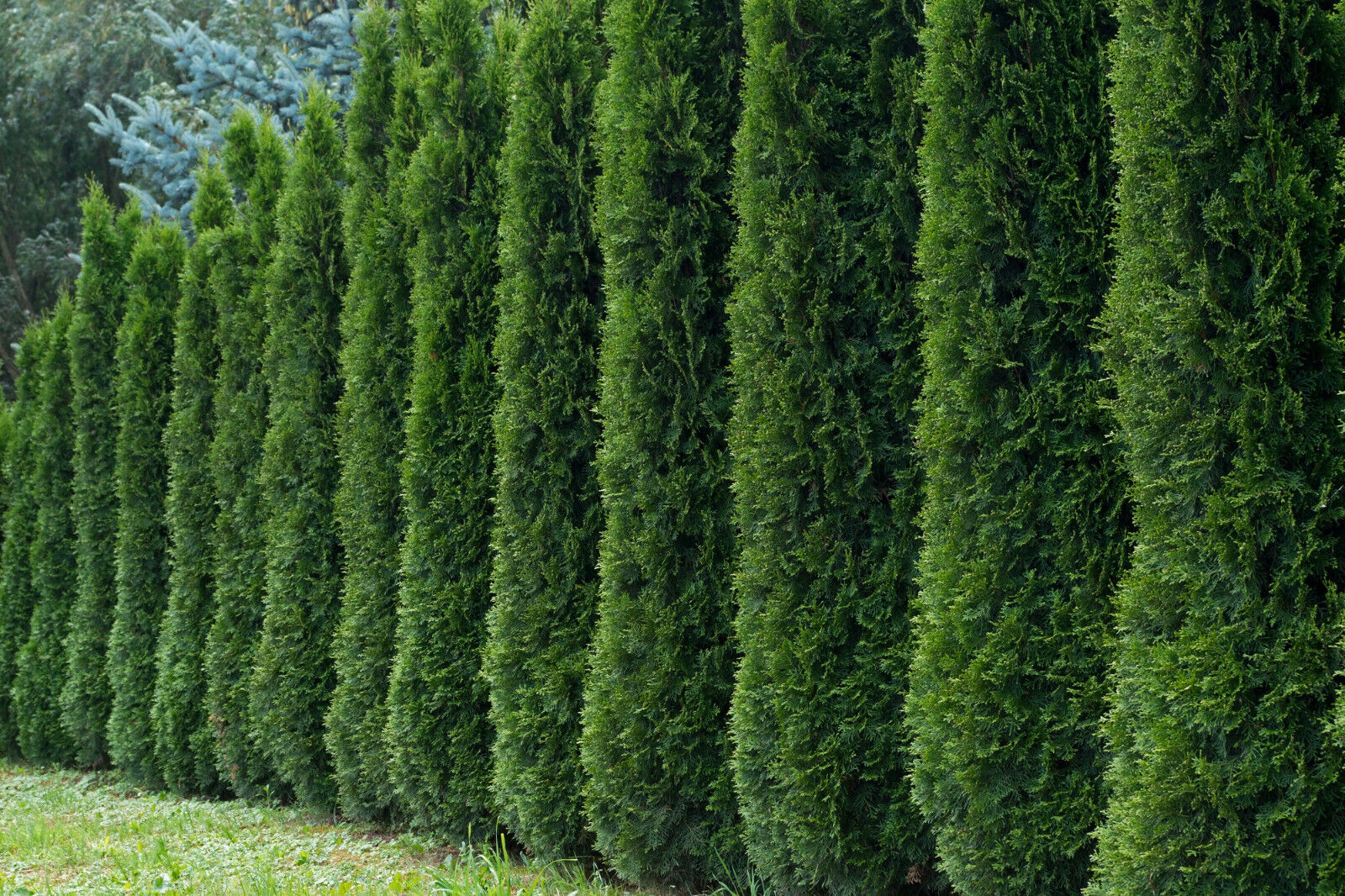
Arborvitae is a versatile evergreen tree that comes in various cultivars. It forms a dense, narrow pyramid shape and can provide excellent privacy when planted close together. Emerald Green, Green Giant, and Techny Arborvitae are common varieties used for privacy. - Eastern Red Cedar (Juniperus virginiana):
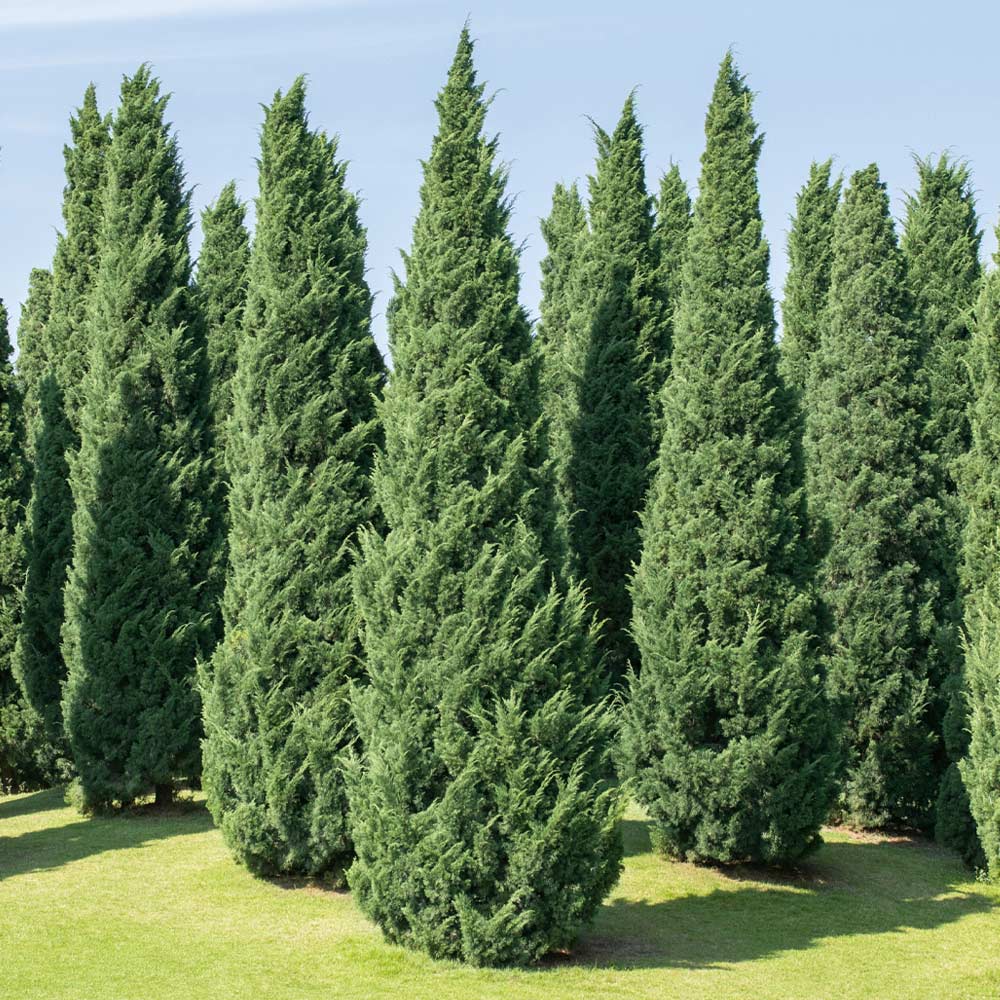
This native evergreen tree is known for its durability and adaptability. It has dense foliage and can tolerate a wide range of soil conditions. Eastern Red Cedar can grow up to 40 feet tall and serves as an effective privacy screen. - American Holly (Ilex opaca):
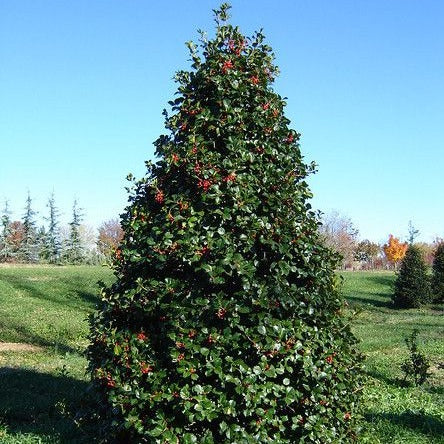
American Holly is an evergreen tree with glossy, spiky leaves and bright red berries. It offers both privacy and ornamental value. It grows at a moderate pace and can reach heights of 40 feet or more. - Green Giant Arborvitae (Thuja standishii x plicata ‘Green Giant’):
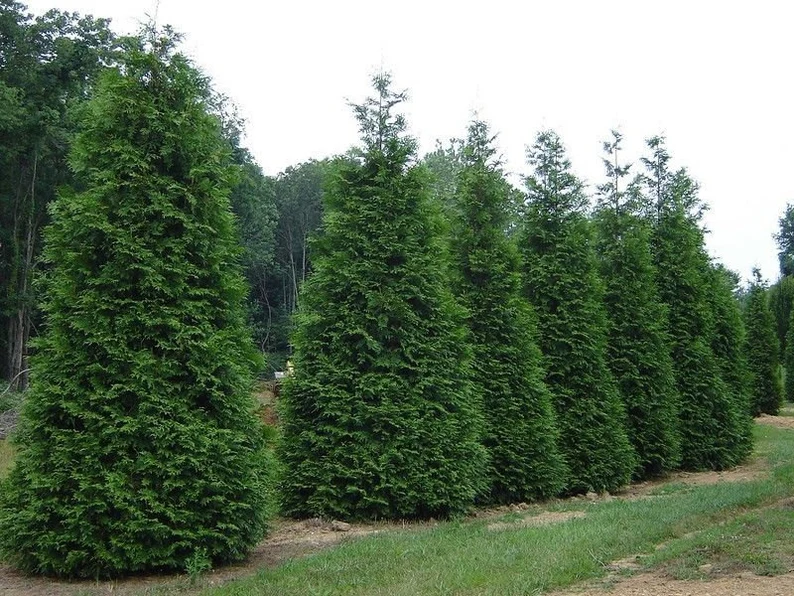
This fast-growing evergreen tree is highly popular for creating privacy screens. It can achieve heights of 40 to 60 feet and has dense, lustrous foliage. - Privet (Ligustrum):
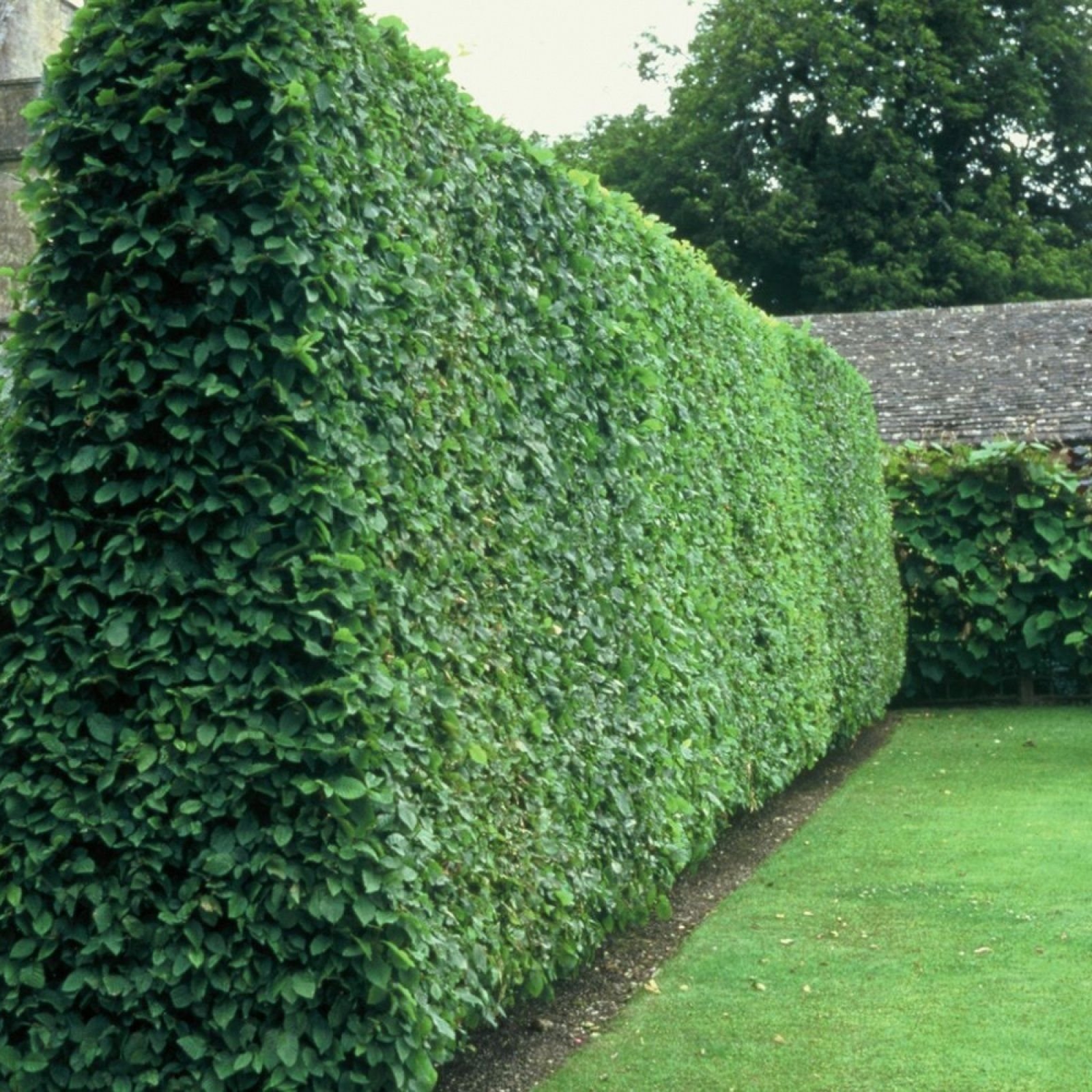
Privet is a versatile shrub that is often used for hedging and privacy screens. It has dense foliage and can be pruned to the desired height and shape. Common varieties include California Privet (Ligustrum ovalifolium) and Japanese Privet (Ligustrum japonicum).
When selecting privacy trees or bushes, consider factors like your local climate, available space, desired height, maintenance requirements, and aesthetic preferences. Consulting with a local nursery or landscape professional can provide valuable insights specific to your region and help you choose the most appropriate plants for your privacy needs.
